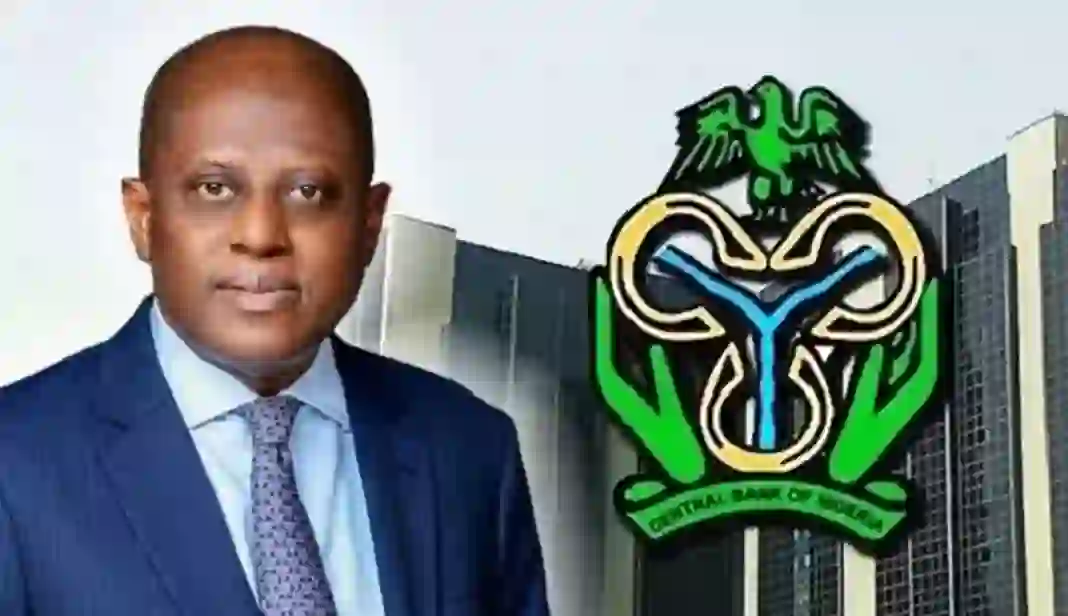Nigeria’s Central Bank Governor Yemi Cardoso has shattered the expectations of financial sector experts who predicted a possible retention of the interest rate at 24. 75 percent.
The magazine reported that the CBN governor told the Financial Times last week that the rate will remain high until “inflation comes down,”
The CBN “will continue to do what has to be done to ensure that inflation comes down.
“Let’s face it: for a long period of time, the CBN did not embrace orthodox monetary policies.
“We want to go back to using an orthodox method, and it will take us to where we want to go,” he stated ahead the MPC meeting.
During the ongoing Monetary Policy Meeting, MPC, meeting in Abuja, the Cardoso-led CBN raised the rate by 150 basis point from 24.75 percent to 26.25 percent.
The MPC had during its last meeting in April raised the benchmark monetary rate by 200 basic points from 22. 75 percent.
“The Monetary Policy Committee (MPC) of the Central Bank of Nigeria (CBN) held its 295th meeting on the 20th and 21st of May 2024 to review recent economic and financial developments and assess risks to the outlook,” the CBN Governor said on Tuesday.
“Decisions of the MPC. The committee’s decisions are as follows: 1. Raise the MPR by 150 basis points to 26. 25 per cent from 24.75 per cent,” he further stated, indicating that the CBN under him has raised the rate for a third consecutive time since Cardoso came to office last year.
The decision to hike the rate has come as a huge surprise to analysts in the financial and business sectors of the economy, who had predicted that the last rate will be retained because of the suggestion that higher interest rate is strangulating investment.
“When interest rate is high investors are discouraged to borrow from banks and non -financial institutions to set up businesses. Besides, the MPC rate is the benchmark considering that the lending institutions have their own rates for investors who needs capital to set up,” Deji Roberts, a financial expert said.
What this means, he said, is that investment “will slow down at a very critical moment that the country’s economy needs local and foreign capital to boost production.”
On the other hand, sources in the CBN said the decision to further hike interest rate was taken to roll back soaring inflation.
There has been suggestion that the prices of goods and commodities are gradually moderating to the monetary regulations after several months of continuous rise in their prices.
But this is still very premature, according to experts, who insist that the prices of commodities, particularly essential household’s goods are still exceptionally high in the market.
The Nigerian Bureau of Statistics, NBS, put the headline inflation rate in the country at over 33.96 percent for the month of April.
Discover more from The Source
Subscribe to get the latest posts sent to your email.








